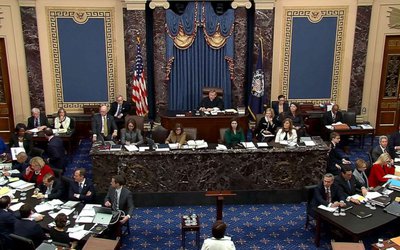More on International






The comparison between the Chinese relationship with India's neighbors in South Asia and India's relationship with Chinese neighbors in the South China Sea is a long standing one existed. The idea is widely used by scholars specializing in the South China Sea to discuss the Indian factor in the disputes and by others to demonstrate strategic competition between China and India.
It is true that judging from a realist perspective in international relations, China and India are likely to undergo relatively long-term strategic competition.
However, it should be stressed that China and India are not in the same geopolitical region. Neither country is able to exert as much strategic influence as that of the other's neighbors. For example, compared to India, Japan's geopolitical strategic competition with China will be more important than India's. And the idea also holds true for Indian geopolitical strategy. So I think mutual strategic influence between China and India is not necessarily incompatible with each other's needs.
India's close relations with the Philippines and Vietnam might have a bearing on China. But India's influence can only play a supporting role under the Asia-Pacific strategic framework led by the US and Japan. New Delhi is not able to surpass Washington and Tokyo to play a leading role in Asia-Pacific strategy.
The role India may play in the issue of the South China Sea and other Asia-Pacific affairs is limited and this determines that strategic competition between China and India is not as tense and sensitive as some scholars describe.
Then can Sino-Indian strategic competition always remain low-intensity? I think the answer to this question is up to the future development of the two countries in their respective geopolitical regions. If China emerges as the biggest power in East Asia, then the relationship between China and India might need to undergo some policy adjustments in the Indian Ocean and the South China Sea.
However, if Japan becomes a strategic leader in the Asia-Pacific region in the future, New Delhi might have to face more direct and intense confrontation with Tokyo as a result of Japan's practice of its strategy of sea power.
It might not be wrong for scholars to believe in China-India strategic competition based upon their macro-historical observation of sea power conflicts in the Asia-Pacific region. But the issue is whether the old realist theories are adaptable to the increasingly closer links among different countries in the world. The trend of strategic development in the future is that all powers are likely to stand or fall together.
When the British colonists left India in 1947, they created the Mountbatten Plan that led to the partition of India, which was one of the most mournful moments in India's modern history. In China, the emergence of the Taiwan question in the last century is partially attributable to US interference.
China and India should learn a lesson from this history and find more creative ways to deal with their bilateral relations.






